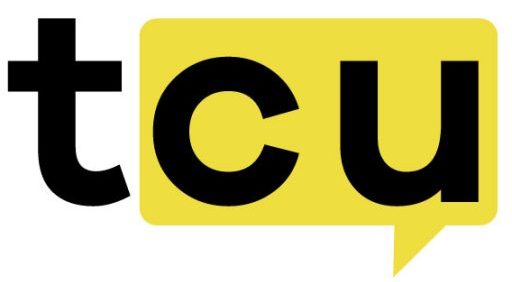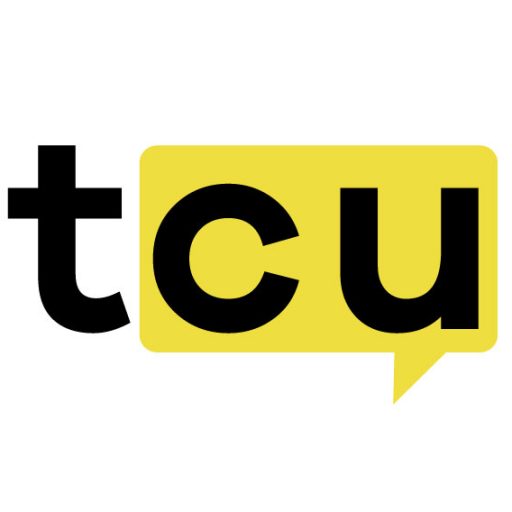In the ever-evolving world of cryptocurrencies, it’s hard to ignore the undeniable influence of projects like Qubetics, Stellar, and Hedera. Each of these blockchain giants has carved out a distinct niche in the digital landscape, driving innovation and offering unique solutions to address the challenges faced by businesses, professionals, and individuals. But with so many players in the market, how do you know which one stands out as the top-rated crypto for long-term growth, scalability, and real-world application?
While Stellar and Hedera have made significant strides in decentralized finance and cross-border payments, Qubetics is already proving to be the underdog to watch. With its decentralized VPN that addresses privacy and security concerns in a world where digital threats are on the rise, Qubetics seems poised to offer something its predecessors haven’t fully tackled yet. But how does Qubetics compare with Stellar and Hedera, and why are analysts predicting massive growth for $TICS tokens in the near future?
In this article, we’ll take a deep dive into all three projects, breaking down what makes them tick, their individual strengths, and why Qubetics, in particular, has the potential to take the blockchain and digital finance world by storm. But before we dive in, let’s take a closer look at how these top-rated crypto projects are shaping the future of digital finance.
Qubetics: The Future of Privacy with Decentralized VPN and Blockchain Integration
Qubetics has quickly emerged as one of the most exciting projects in the blockchain world. Unlike many other cryptocurrencies that focus solely on token transactions or decentralization, Qubetics is solving real-world problems with its decentralized VPN. But first, let’s break down the basics of Qubetics.
The project’s main goal is to offer a decentralized VPN for businesses, professionals, and individuals. But why is that such a game-changer? In today’s online world, where privacy is increasingly compromised, having a decentralized VPN can give users true control over their internet activities. Centralized VPNs can still be vulnerable to cyber-attacks and privacy breaches. Qubetics eliminates that concern by providing users with complete anonymity and encrypted connections, all thanks to the power of blockchain.
Not only does this decentralized VPN offer heightened privacy for individuals, but it can also drastically enhance the security of businesses. In an era where digital espionage and hacking have become commonplace, companies need to protect sensitive information. Qubetics provides a layer of security that’s nearly impossible to breach, all while remaining fully decentralized—meaning there’s no central authority to target.
The Qubetics (TICS) presale has been a remarkable success, with more than 471 million tokens sold to over 19,800 holders. The presale has already raised more than $12.6 million, and it’s still in its 21st stage. Each token is currently priced at $0.0733, and analysts predict that by the time the presale ends, Qubetics’ price could surge to $0.25, offering a potential 240.64% ROI for early investors.
As Qubetics nears its mainnet launch, the predictions are even more staggering. Investors who get in now could see a 1262% ROI when the price hits $1 per token, with even more potential growth after the mainnet launch. Imagine that—early adopters could see up to a 20,338% ROI if Qubetics reaches $15 after the mainnet goes live. With the top-rated crypto status in sight, there’s no denying the excitement building around Qubetics’ long-term prospects.
Stellar: A Stellar Force in Cross-Border Payments and Financial Inclusion
Next up, we’ve got Stellar, a blockchain project that has firmly cemented itself as a leader in the realm of cross-border payments. But while Stellar might not offer the same level of privacy features as Qubetics, it’s undeniably a top-rated crypto in terms of its real-world use cases.
Stellar’s primary goal is to make financial services more accessible to the unbanked populations around the world. This blockchain-powered platform facilitates fast, secure, and low-cost transactions, enabling people to send money across borders without needing a traditional financial institution. Stellar’s decentralized nature makes it less susceptible to the issues that typically plague centralized systems, such as censorship or high transaction fees.
One of the standout features of Stellar is its ability to connect different financial systems, allowing for smooth transactions between different currencies and payment methods. Whether it’s for sending remittances, paying for goods and services, or transferring funds between businesses, Stellar’s blockchain makes the entire process faster, cheaper, and more efficient than traditional systems.
Despite being one of the more established projects in the crypto world, Stellar still faces competition from other players like Hedera. However, its continued commitment to financial inclusion and accessibility for the underserved is what keeps it at the top of many investors’ radar.
Hedera: The Fast, Secure, and Scalable Blockchain Network
Hedera Hashgraph is another top-rated crypto that’s not to be overlooked. Known for its impressive scalability and security features, Hedera positions itself as a next-gen alternative to traditional blockchain technology. Unlike most blockchain projects, Hedera uses a hashgraph consensus algorithm, which offers several advantages over traditional blockchains, including speed, security, and scalability.
Hedera’s unique consensus mechanism allows it to handle tens of thousands of transactions per second—an enormous advantage over blockchains like Bitcoin and Ethereum, which can only process a few transactions per second. This scalability makes Hedera a prime candidate for large-scale enterprise use cases, including supply chain tracking, digital identity verification, and secure data sharing.
In addition to scalability, Hedera is also known for its low energy consumption and environmentally-friendly consensus. In today’s world, where sustainability is becoming a key concern, Hedera’s eco-friendly approach to blockchain technology makes it an attractive option for environmentally conscious investors and companies alike.
While Stellar focuses primarily on cross-border payments and Qubetics focuses on privacy and security, Hedera offers the scalability and security that enterprises need to scale their blockchain applications efficiently. As a result, Hedera has built a solid reputation among businesses looking to integrate blockchain into their operations.
What is a Decentralized VPN? Why It’s a Game Changer for Digital Security
A decentralized VPN is the key feature behind Qubetics’ growing reputation. But what does that really mean? Let’s break it down. Traditional VPNs work by routing your internet traffic through a secure server to mask your IP address and encrypt your connection. However, centralized VPN providers control the servers, and that opens up potential security risks.
With a decentralized VPN, there’s no central authority overseeing the process. Instead, the VPN relies on a network of distributed nodes, all working together to route your traffic securely. This decentralized model makes it far more difficult for hackers or malicious actors to compromise the network, as there’s no single point of failure.
Not only do decentralized VPNs provide enhanced security, but they also offer increased privacy. Since there’s no central server logging user data, you can browse the internet with complete anonymity. This is a huge benefit in a world where data breaches and surveillance are becoming increasingly common.
Conclusion: Qubetics Leading the Charge for Blockchain’s Next Phase
As we’ve seen, Qubetics, Stellar, and Hedera each offer unique advantages that make them top-rated crypto contenders. While Stellar excels in cross-border payments and Hedera shines in scalability, Qubetics stands out by offering the world’s first decentralized VPN that addresses the real-world need for enhanced privacy and security. With the ongoing presale showing impressive growth, the future looks incredibly bright for Qubetics and its $TICS token.
For anyone looking to get in on the ground floor of a blockchain project with massive potential, now is the time to act. Qubetics is redefining the future of digital security, and with the presale approaching its end, you won’t want to miss out on the chance to be part of this game-changing movement.
For More Information:
Qubetics: https://qubetics.com
Telegram: https://t.me/qubetics
Twitter: https://x.com/qubetics
FAQs
1.What is the Qubetics presale stage, and how many tokens have been sold?
The Qubetics presale is currently in its 21st stage, with over 471 million tokens sold and $12.6 million raised.
2.How does Qubetics’ decentralized VPN differ from traditional VPNs?
Qubetics’ decentralized VPN eliminates central authority control, offering enhanced security and privacy by using distributed nodes instead of a central server.
3.What makes Stellar different from other blockchain projects?
Stellar focuses on financial inclusion and cross-border payments, offering fast, low-cost transactions that allow people to send money internationally without intermediaries.
4.How does Hedera improve scalability compared to traditional blockchains?
Hedera uses a hashgraph consensus mechanism, allowing it to process tens of thousands of transactions per second, making it ideal for enterprise-scale applications.
5.Can Qubetics offer privacy and security for businesses?
Yes! Qubetics’ decentralized VPN is tailored to provide enhanced security and privacy for both individuals and businesses, protecting sensitive data from cyber threats.
![]()

